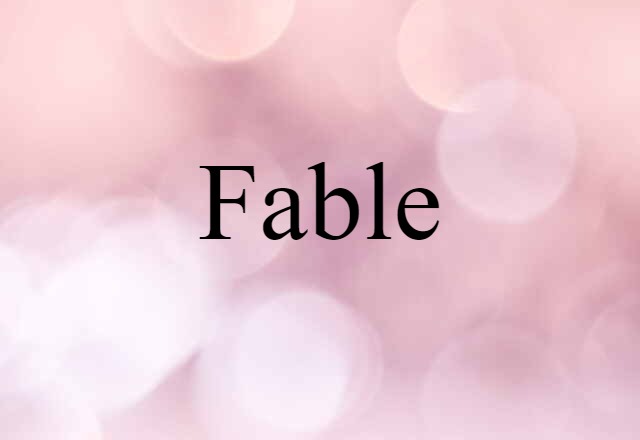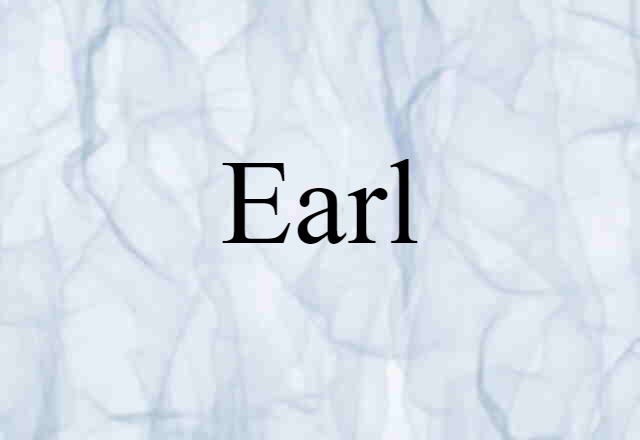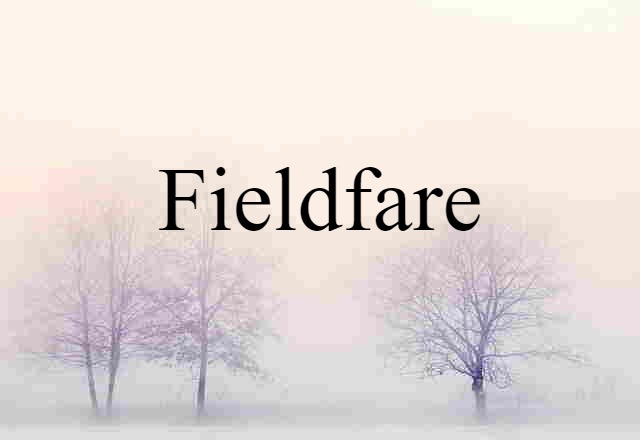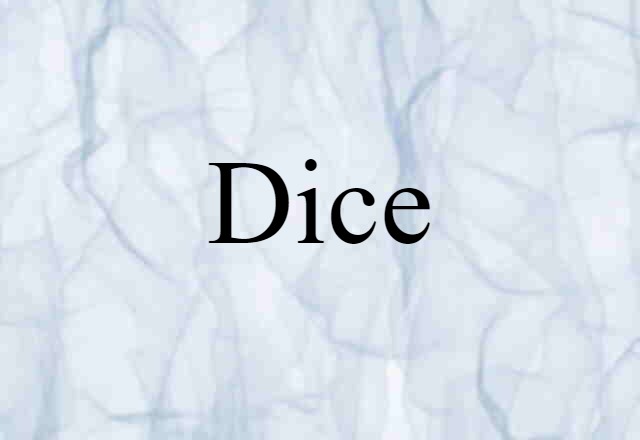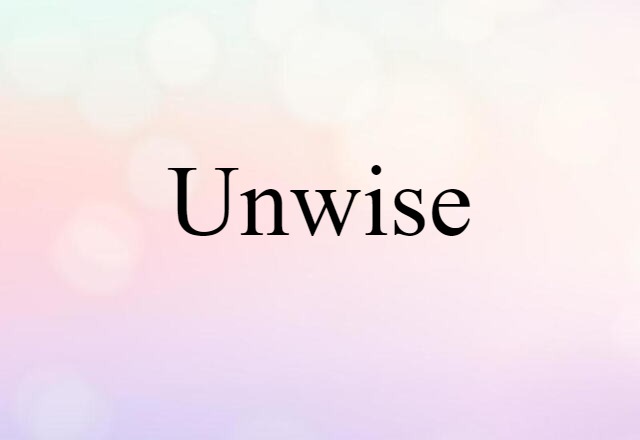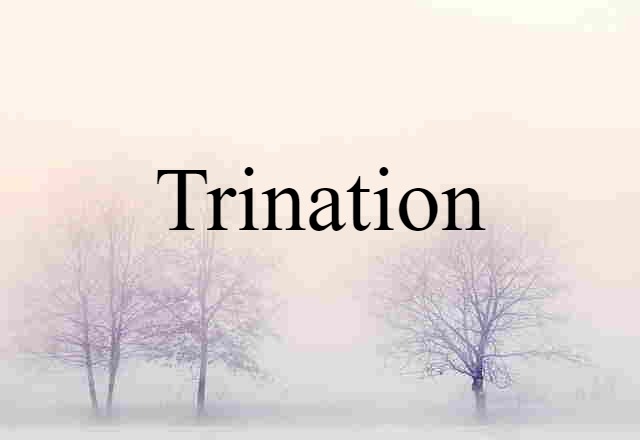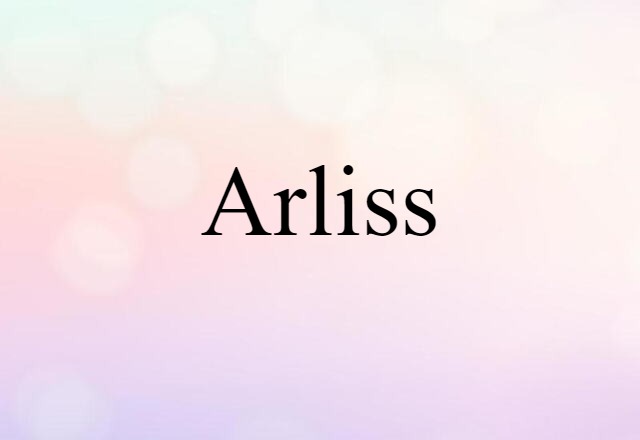- a short tale to teach a moral lesson, often with animals or inanimate objects as characters; apologue: the fable of the tortoise and the hare;Aesop's fables.
- a story not founded on fact: This biography is largely a self-laudatory fable.
- a story about supernatural or extraordinary persons or incidents; legend: the fables of gods and heroes.
- legends or myths collectively: the heroes of Greek fable.
- an untruth; falsehood: This boast of a cure is a medical fable.
- the plot of an epic, a dramatic poem, or a play.
- idle talk: old wives' fables.
- to tell or write fables.
- to speak falsely; lie: to fable about one's past.
- to describe as if actually so; talk about as if true: She is fabled to be the natural daughter of a king.
- a short moral story, esp one with animals as characters
- a false, fictitious, or improbable account; fiction or lie
- a story or legend about supernatural or mythical characters or events
- legends or myths collectively
- the plot of a play or of an epic or dramatic poem
- to relate or tell (fables)
- to speak untruthfully; tell lies
- to talk about or describe in the manner of a fable
